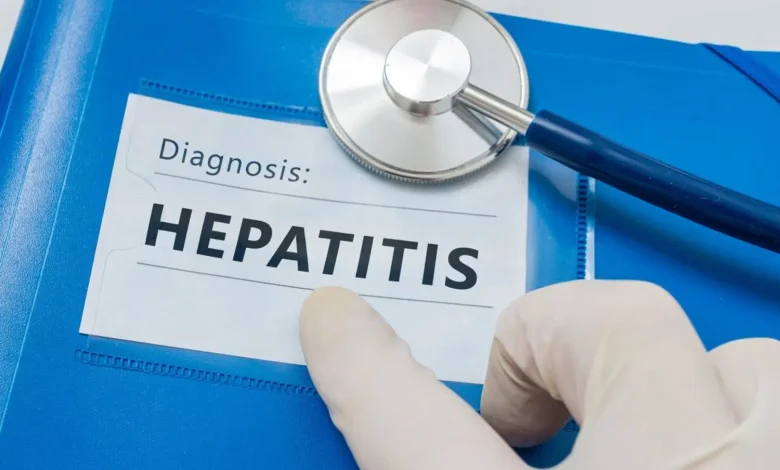Lead
Hepatitis claims 4,252 lives annually in Nigeria – FG

The Federal Government has revealed that approximately 4,252 Nigerians lose their lives annually due to liver cancer caused primarily by untreated hepatitis.
The statistic highlighted the urgent need for comprehensive measures to combat the disease.
According to the Coordinating Minister of Health and Social Welfare, Professor Muhammad Pate, the country suffers significant economic losses, ranging from N13.3 trillion to N17.9 trillion annually in direct and indirect costs due to hepatitis.
Pate, made the revelations on Monday at a press briefing to commemorate World Hepatitis Day.
In the same vein, Nigeria Centre for Disease Control and Prevention (NCDC) said there were 811 confirmed cases of Lassa Fever and 152 deaths so far recorded in 2025.
In its latest the Lassa Fever Situation Report published for Week 28 (7th–13th July, 2025), the centre said 11 new confirmed cases were reported in Ondo, Edo, and Benue states.
According to the agency, 89 per cent of confirmed cases were from five states – Ondo, Bauchi, Edo, Taraba, and Ebonyi.
Pate, who was represented by Director of Public Health at the ministry, Dr. Godwin Ntadom, stated that Nigeria had the third-highest burden of hepatitis globally, with over 20 million people infected with hepatitis.
He said, “The nation faces an overwhelming burden, with over 20 million people living with Hepatitis B and C: 18.2 million are affected by Hepatitis B, and 2.5 million by Hepatitis C.
“Over 8.1 per cent of the Nigerian population is infected with Hepatitis B, and despite the availability of vaccination and treatment, over 90 per cent of those infected are undiagnosed and unknowingly transmit the virus to others, including children. Symptoms are often misdiagnosed as malaria.
“Conditions such as fever, fatigue, and malaise are typically treated with self-medication, while the virus silently damages the liver and may progress to liver failure or cancer. Tragically, 4,252 Nigerians die each year from liver cancer caused by untreated hepatitis.
“The socioeconomic cost of this epidemic is staggering; Nigeria loses between N13.3 trillion and N17.9 trillion annually in direct and indirect costs.”
The minister said the federal government was flagging off a nationwide health campaign initiative tagged Project 365, meant to conduct constituency-by-constituency screening, diagnosis, and treatment campaign.
According to Pate, the aim is to try and eliminate Hepatitis C and interrupt the transmission of Hepatitis B in Nigeria by 2030.
He listed other measures being undertaken by the government to include increased budgetary support for hepatitis programmes, creation of a Viral Elimination Fund, tax incentives, and regulatory reforms to encourage local pharmaceutical production, and legislative backing for expanded access to diagnostics and treatment across all geopolitical zones; and regulatory reforms to streamline approval processes for hepatitis-related commodities.
According to the World Health Organisation (WHO), hepatitis is an inflammation of the liver that is caused by a variety of infectious and non-infectious agents, leading to a range of health problems, including severe liver damage and cancer, some of which can be fatal. There are five main strains of the hepatitis virus, referred to as types A, B, C, D, and E.
Meanwhile, in its report, NCDC said Case Fatality Rate (CFR) was 18.7 percent, higher than the 17.3 percent reported same period in 2024.
The centre reported that the predominant age group affected by the Lassa Fever was 21-30 years. It said the number of suspected and confirmed cases decreased compared to that reported for the same period in 2024, while the male-to-female ratio for confirmed cases was 1:0.8.
It added that there was no new healthcare worker affected in the reporting week 28, assuring that the national Lassa fever multi-partner, multi-sectoral Technical Working Group is coordinating the response activities at all levels.



